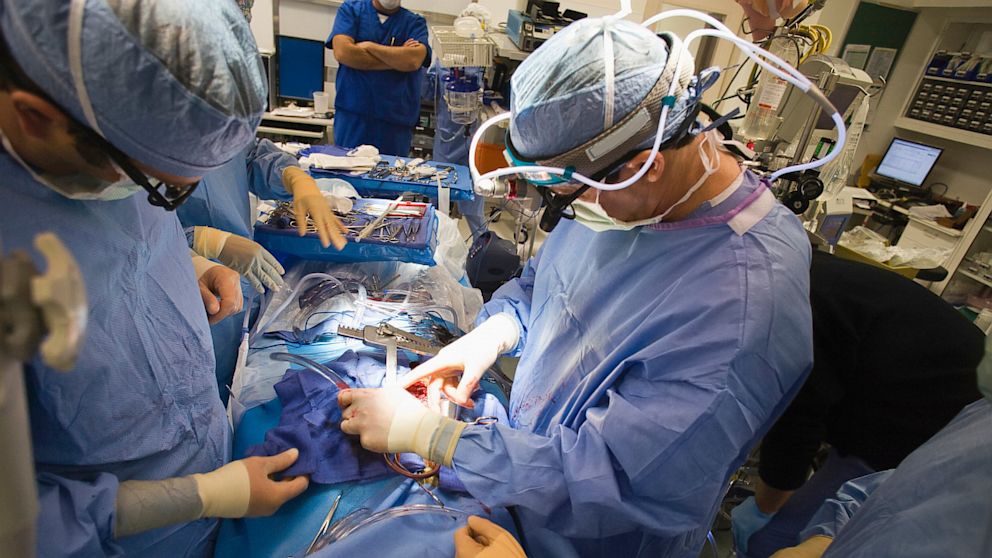Rabies Virus Hid in Organ Donor, Surfaced in Recipient
A new report reveals how a man contracted rabies from a kidney transplant.

July 24, 2013— -- A Maryland man who died from rabies after receiving a kidney from an infected donor is the eighth known victim of rabies-tainted solid-organ transplants, according to a new report.
The man, whose name and age have not been released, developed brain inflammation known as encephalitis in February, 17 months after the transplant, according to the report published today in the Journal of the American Medical Association. He died 26 days later.
At the time of the transplant, the organ donor was brain dead from what doctors thought was ciguatera, a form of food poisoning caused by contaminated fish. That he had recently been bitten by two raccoons, the most frequently reported rabid animal in the United States, went unreported until after the transplant, according to the report.
"This transmission event provides an opportunity for enhancing rabies awareness and recognition and highlights the need for a modified approach to organ donor screening and recipient monitoring for infectious encephalitis," the authors wrote.
Read about how CDC scientists traced the kidney recipient's death to the tainted transplant.
The donor fell ill after a fishing trip, developing nausea and tingling in his arms, signs of both rabies and ciguatera. But brain scans taken before his death failed to find signs of encephalitis, the hallmark of rabies, leading doctors to determine there was "no increased risk for infectious disease transmission," according to the report.
His heart, liver and kidneys were transplanted into four people.
An autopsy independent of the organ procurement soon determined ciguatera to be "extremely unlikely" in the donor's death, which was ultimately blamed on "complications of severe gastroenteritis," according to the report.
A year and a half later, after the death of the kidney recipient, post-mortem testing of the kidney and brain tissue from the donor revealed the same strain of raccoon rabies. It's unclear whether the hospital or anyone involved in the transplant was reprimanded. The names have not been released.
Disease transmission from transplanted organs is rare, according to Dr. Michael Green, chairman of the Organ Procurement and Transplantation Network and United Network for Organ Sharing's Ad Hoc Disease Transmission Committee.
"That said, for any individual potential organ donor and potential organ recipient, the risk of a potential disease transmission must be weighed against the potential adverse outcomes associated with not getting a transplant," said Green, who is also a professor of surgery at the University of Pittsburgh School of Medicine.
"The organ procurement organizations have careful screening procedures, and the transplant community works together to constantly enhance patient safety," Green added. "The lessons we learn from this experience help to improve policies and enhance the transplant community's understanding with a goal of decreasing the risk to transplant recipients as much as possible."
Read about a teen who died from rabies after being bitten by a vampire bat.
Human rabies is rare in the United States, killing roughly two Americans per year. While thousands might be exposed to the virus through contact with raccoons, dogs or bats, drugs designed to prevent the deadly infection are nearly 100 percent successful, according to the U.S. Centers for Disease Control and Prevention.
The three people who received the donor's heart, liver and other kidney were given treatment and remain symptom-free, according to the report.